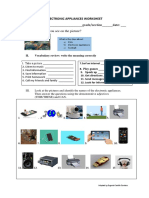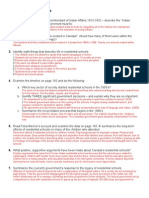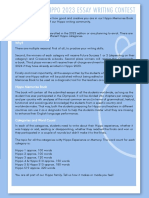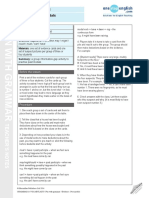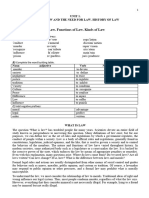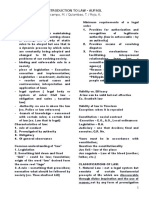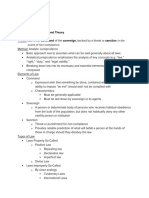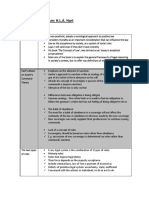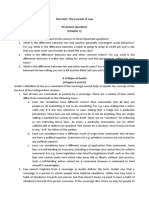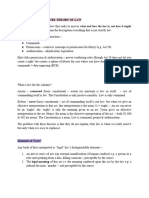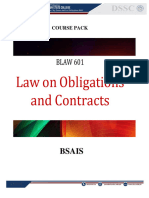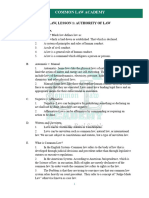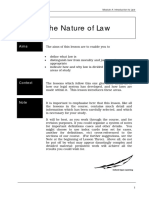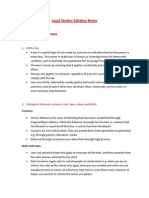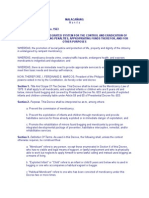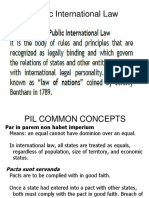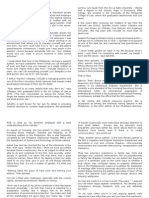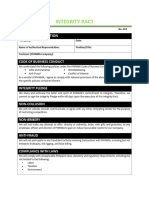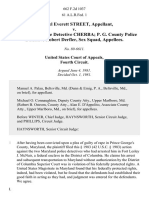E
n g l i s h i n u s E f o r
l
a w
- E
n f o r c E m E n t
V
iorica
c
orcEac
, D
iana
c
Ebotari
6
U I. L 1.
LEAD IN
•
Why do we have rules and laws?
•
What would happen to the society without laws?
•
Is the ignorance of law an excuse? Why (not)?
•
Why do people break them? Have you ever broken any rules?
•
What do you know about the origin of laws?
1. Read, translate and memorize.
VOCABULARY NOTES
normative,
adj.
– relating to, or deriving from a standard or norm, especially of behavior;
act,
n.
– a written law passed by Parliament, Congress, etc.;
legislative body,
n.
– persons who make, amend or repeal laws;
descriptive,
adj.
– involving or characterized by description; serving to describe;
prescriptive,
adj.
–
making or giving directions, rules, or in- junctions;
phenomenon,
n.
– a fact, oc-currence, or observed circum-stance;
to behave,
vb.
– to act or func-tion in a specified or usual way;
regulation,
n.
– a principle, rule, or law designed to control or govern conduct;
to impose upon/on
phr. vb
–
to establish as something to be obeyed or complied with; en-force;
to enforce,
vb.
–
to compel ob-servance of or obedience to; to impose a kind of behavior;
codified,
adj.
– arranged ac-cording to a plan or system; en-acted by a legislative body;
A P
r A c t i c A l
c
o u r s e
7
V
iorica
c
orceac
, D
iana
c
ebotari
to punish,
vb.
– to force sb. to undergo a penalty or sanction, such as imprisonment, fines, death, etc., for some crime or misdemeanor;
to reward,
vb.
– something given or received in return for a deed or service rendered;
to carry out,
phr. vb.
–
to put into practice or effect; to follow or obey;
compulsion,
n.
– the action or state of forcing or being forced to do something; constraint;
to obey
,
vb.
– to carry out or fulfill the command, order, or instruction of;
penalty,
n.
– a punishment established by law or authority for a crime or offense;
anarchy,
n.
– absence of any form of political authority; po-litical disorder and confusion;
to rule,
vb.
– to be in total control or command; exercise supreme authority;
to prosecute,
vb.
– to seek to obtain or enforce by legal action.
2. Work with your vocabulary notes or dictionary. Give synonyms to the following words.
to obey to rule penalty compulsion to enforce to behave to punish to conduct
READINGTe Law
Generally speaking, by law we understand any normative act issued by a legislative body of a state. Tere are more types of laws. Some laws are descriptive – they simply describe how people, or even natural phenomena, usually behave. An example of descrip-tive law is rather consistent law of gravity or the less consistent laws of economics. Other laws are prescriptive – they prescribe how people should or must behave. An example of prescriptive law is traffic regulations. When we speak of the law of a state we use the term “law” in a special and strict sense and in that sense law may be defined as “a rule of human conduct, imposed upon and enforced among, the members of a given state”.
E
n g l i s h i n u s E f o r
l
a w
- E
n f o r c E m E n t
V
iorica
c
orcEac
, D
iana
c
Ebotari
8
In any society, laws have several characteristics. First, laws symbolize norms, values, traditions. Second, laws must be codified in some way, usually through writing. Tird, there must be a meth-od of enforcement. Tis can include police, social pressure, or some other force that enable society to punish or reward its members. And finally, there must be something specific to be enforced: laws are not general, but specific. Te main characteristic of law is that it is enforced, and such enforcement is usually carried out by the State. If the rules or laws are broken, compulsion is used to enforce obedience. Tus if A steals a watch from B, A may be prosecuted before the court. Te court may then order the restitution of the watch to its right-ful owner, B. If A refuses to obey, he or she may be punished, that means a penalty will be imposed on A. Tis is why we need law.Just imagine if we all behaved according to our personal stand-ards of behavior and morality, then anarchy would rule the world.
COMPREHENSIONI. Answer the questions.1.
What does the term “law” generally mean?
2.
What is the difference between descriptive laws and prescriptive laws? Give some examples.
3.
How is the law of the state defined?
4.
What do laws symbolize?
5.
What can be used as methods of enforcement?
6.
Why do methods of enforcement exist?
7.
What is the main characteristic of law?
8.
Explain the notion “compulsion”. Give examples.
II. Complete the sentences using the text.
1) Descriptive laws usually describe __________. 2) Prescrip-tive laws prescribe __________. 3) Te law of a state may be ___________ as “the rule of human ___________, imposed ___________ and ___________ among the ___________ of a giv-en state”. 4) Laws have several ___________: first, they symbolize
A P
r A c t i c A l
c
o u r s e
9
V
iorica
c
orceac
, D
iana
c
ebotari
___________; second, they must be ___________ through writing; third, there must exist methods of ___________ that enable society to ___________ or ___________ its members. 5) Such enforce-ment is usually ___________ by the State. 6) If the laws are broken ___________ is used. 7) wo ideas ___________ the concept of law: ___________ and ___________.
III. a) Write definitions of your own to the following words.
•
society
•
obedience
•
order
•
anarchy
b) Compare your definitions with those given in a dic-tionary and decide if you were right or not. Whose definition is most precise?IV. ranslate the following sentences into English.
1) Legile şi tradiţiile societăţii determină comportamentul oamenilor. 2) radiţiile sunt elemente de cultură transmise din generaţie în generaţie. 3) O persoană este pedepsită atunci când încalcă legea. 4) Dacă noi toţi ne-am comporta în conformitate cu standardele noastre personale de comportament şi moralitate, atunci anarhia ar conduce lumea. 5) Legile trebuie să fie cunoscute de toată lumea. 6) Metoda de aplicare a legii poate include poliţia, presiunea socială, sau o altă forţă care permite societăţii de a pede-psi sau recompensa membrii săi.
V. Complete the text using the words from the box below and translate it into Romanian. Law, morality and custom
Respect immoral governments legal actions break the rules societies behave penalty moral choice prescriptive laws instructions informal rules experience
In all __________ relations between people are regulated








